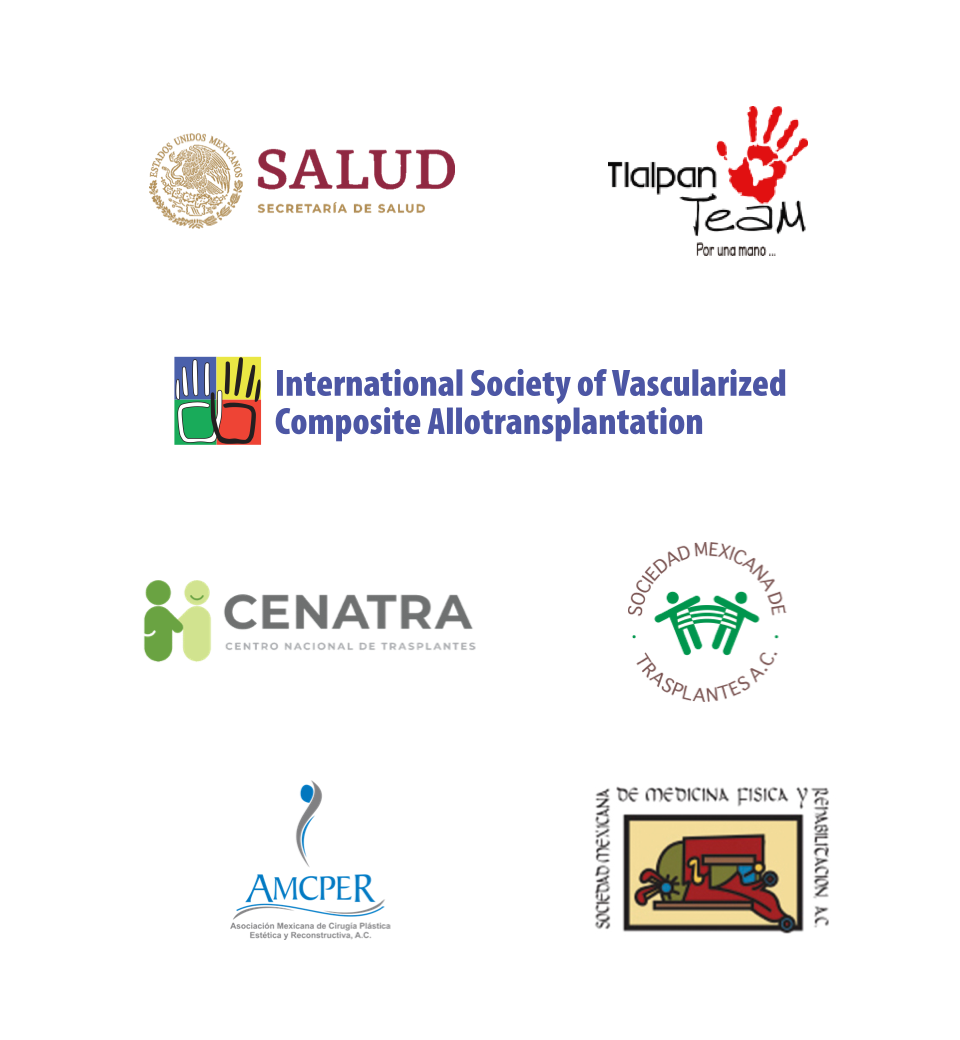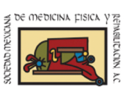TRAILBLAZING INNOVATION AND INSPIRING CHANGE: FOUNDATIONS FOR THE FUTURE OF ISVCA
The modern specialty of Vascularized Composite Allotransplantation (VCA) was ushered by the world’s first total laryngeal transplantation (Cleveland, USA, 1998), that included a partial pharynx and trachea as well as thyroid and parathyroid glands. This was followed by hand transplants (Lyon, France, 1998 and Louisville, USA, 1999) and face transplants (Amiens, France, 2005 and Cleveland, USA, 2008). Today, there are 66 VCA programs located at 28 transplant programs in the USA, approved by the Organ Procurement and Transplantation Network (OPTN) and overseen by the United Network for Organ Sharing (UNOS). In addition to the Americas, programs in 17 countries across Europe, Asia and Oceania are actively performing VCA, ranging from life-givingchanging hand or face transplants to life-giving uterus transplants.
Founded in 1998, the ISVCA remains the first and longest-serving, global society that represents the field of VCA. As the President of the ISVCA, it is my honor to uphold the mandate, values and vision of the society whose mission is to provide an inclusive, responsive, equitable forum for educational excellence, patient-focused research, and global advocacy for VCA.
Clinical experience in VCA over the past two decades has shed light on their impressive benefits and inherent risks. Most of these insights have emanated from individual programs across the world that have borne the responsibility of ensuring technical, immunological and functional outcomes after these transformative procedures. Pioneering research progress has also been made in detection, monitoring and therapies for rejection in VCA, advanced imaging for surgical planning and novel approaches to facilitate tissue preservation, nerve regeneration or drug delivery to improve the safety, efficacy and survival of VCA grafts.
Despite such advances and tremendous promise of VCA, the morbidity and mortality risks associated with immunosuppression or chronic rejection remain sobering barriers to the future of our field. We must realize that the clinical impact of trailblazing innovation in VCA in overcoming these challenges can only be realized by open and collaborative sharing of clinical outcomes between programs across the world. This is especially important given the small numbers/cohorts of patients undergoing these procedures.
The ISVCA is thus encouraging and educating teams on the collaborative imperative for agreement on study standards, uniform assessments and protocols, or data points and pooling of data or comparison of results among centers to validate safety, efficacy and feasibility of VCA across participants from different demographic, ethnic and etiopathologic groups. As a first step, over the past three years, working groups led by multidisciplinary VCA experts have come together to recommend guidelines for the definitions of success and failure in VCA such as hand or face transplants and diagnostic qualifiers for chronic rejection. Together with the help of peer societies, the ISVCA is making steady headway towards this goal through meaningful debate.
Beyond leading international efforts to increase generalizability of outcomes after hand, face, uterus, penis, abdominal wall (or other transplants), the ISVCA maintains an unflinching focus on the bioethical and psychosocial challenges that hamper clinical advancement of the field. The ISVCA was closely involved in the First International Workshop on Bioethical Challenges in Reconstructive Transplantation organized by the Brocher Foundation in Hermance, Switzerland in 2017. The ISVCA remains closely engaged with peer professionals representing teams from across the world examining the overarching bioethical dilemmas and debates in VCA. These relate to justice and vulnerability of subjects, and their experiences with risks, benefits and outcomes, privacy, confidentiality, and equitability, public awareness and attitudes toward transplantation, and policy and regulatory issues shaping progress of the field.
We are learning from VCA programs across the world that patient-centered aspects are critical to overall outcomes of these procedures. These include understanding risks and benefits, informed decision-making, matching motivation with expectations, commitment/compliance with study regimens, and satisfaction with functional outcomes or adaptation with transplants. The Chauvet Working Group at the ISVCA is committed to improving methods, tools and guidelines for psychosocial screening to understand how VCA patients assimilate information about the lifelong burdens of transplant, commitments to physician recommendations, and financial and caregiver stresses. VCA outcomes documented over the past two decades lack patient reported elements in defining success or failure and measuring outcomes after these complex surgeries. The ISVCA strongly encourages programs to focus on the spiritual, emotional, and sociocultural factors affecting recipients and implement qualitative and data-driven research methods in informing clinical practice and policy to overcome barriers and improve health outcomes in VCA.
The value of intellectual investments in innovation require us to first standardize outcome measures for VCA. This is a key prerequisite to validate new therapeutic approaches, increase quality of evidence for clinical decision making, provide objective cost-value analysis for reimbursement, and inform health policy for approval and adoption of a given VCA as a standard of care, safe, effective, and ethical therapeutic option. Twenty years into the evolution of this remarkable specialty, we are at an exciting watershed moment in the history of VCA. Please join me in leading the charge to inspire the change that is the keystone for innovation and advancement of VCA.
The 14th Congress of the International Society for Vascularized Composite Allotransplantation (ISVCA) held in New Delhi, India (September 30 - October 1, 2019) was a fantastic success. The theme of the meeting was “Learning from the Past, Preparing for the Future." More than 100 participants from 18 countries participated in the meeting. The meeting was preceded by a 2-day hands on workshop that demonstrated donor and recipient VCA procedures on soft embalmed specimens. Over 40 presentations included world updates in VCA as well as progress in experimental research and innovative advances with clinical impact (including topics such as psychosocial aspects in VCA, prosthetics versus VCA and bioethical dilemmas in VCA). A Satellite Symposium was held in the southern Indian city of Kochi on October 4th to discuss advances in emerging fields such as regenerative medicine, tissue engineering and nanomedicine as relevant to VCA.
However, the unprecedented impact of the pandemic of 2020 has had far reaching consequences on the planning and organization of the next ISVCA congress. Taking into consideration the global trends of COVID-19 and predictive estimates for persistent restrictions to global travel which extend into late 2021, the ISVCA Council has made the difficult but consensus decision to postpone the 15th ISVCA Congress to 2022. We believe that the ISVCA is not the only meeting being postponed, with numerous congresses being rescheduled or canceled for 2021. The Council exercised a high degree of caution in its decision to postpone the meeting, as the health, safety and convenience of our members, trainees, attendees, sponsors, staff and exhibitors are the paramount priority of the Society.
The meeting Chairman of the 15th ISVCA Congress, Dr. Martin Iglesias is working closely with the President of the World Society of Reconstructive Microsurgery (WSRM), Dr. Eric Santamaria, to organize the next ISVCA Congress in conjunction with the 11th Congress of the WSRM, which is also planned for Cancun, Mexico in 2022. The ISCVA remains grateful to its membership for their understanding and looks forward to maximal participation of young trainees, clinicians and scientists from across the world at the upcoming meeting in beautiful, breathtaking Cancun, Mexico in the summer of 2022! Please pledge your membership today to support the society to provide you with the highest quality scientific programming and showcase cutting-edge advances in VCA.Your continued commitment as a member goes a long way in advancing the mission of the ISVCA as a global society representing our game-changing field.
 Grand Fiesta Americana Coral Beach Cancun México
Grand Fiesta Americana Coral Beach Cancun México 15
15
























